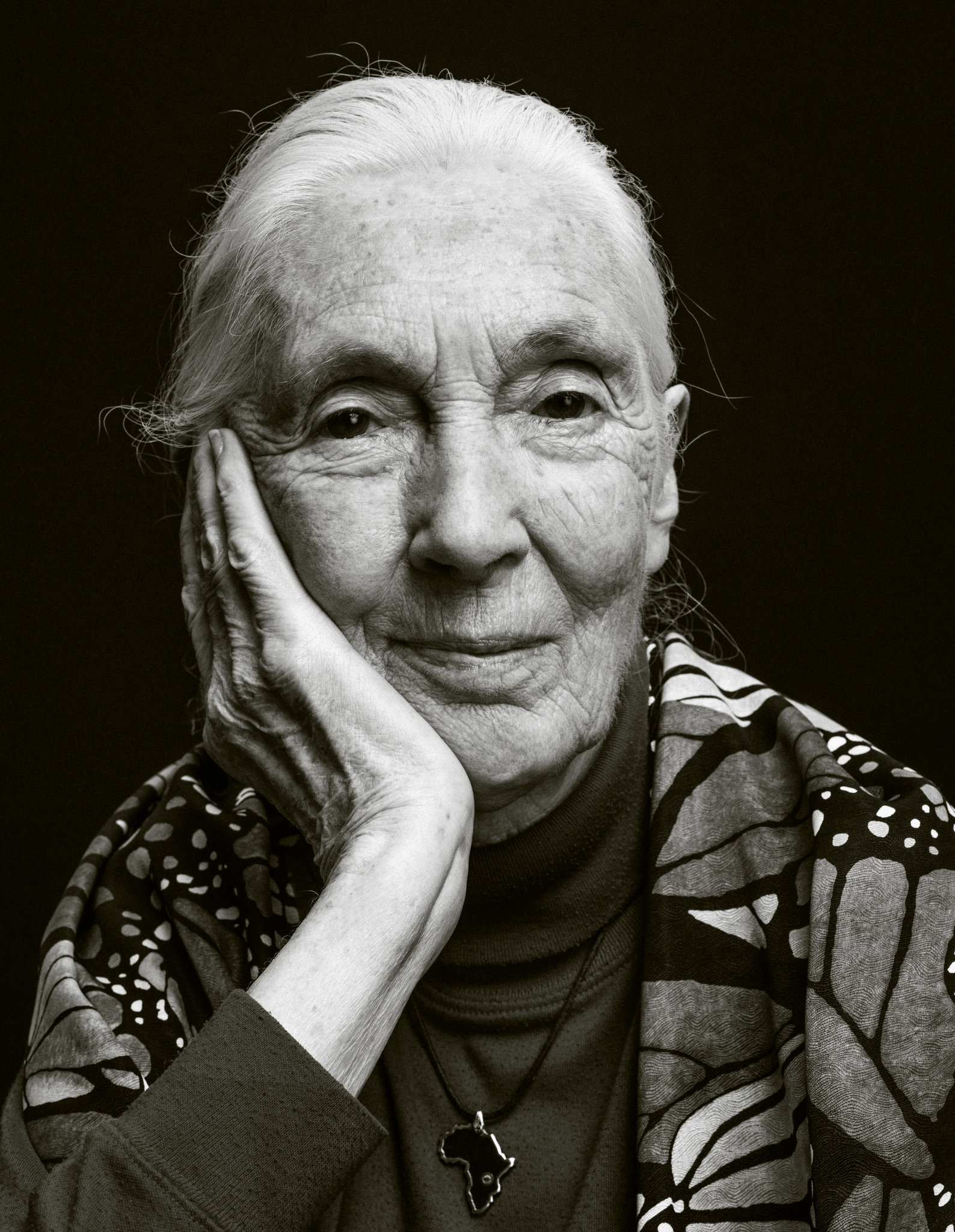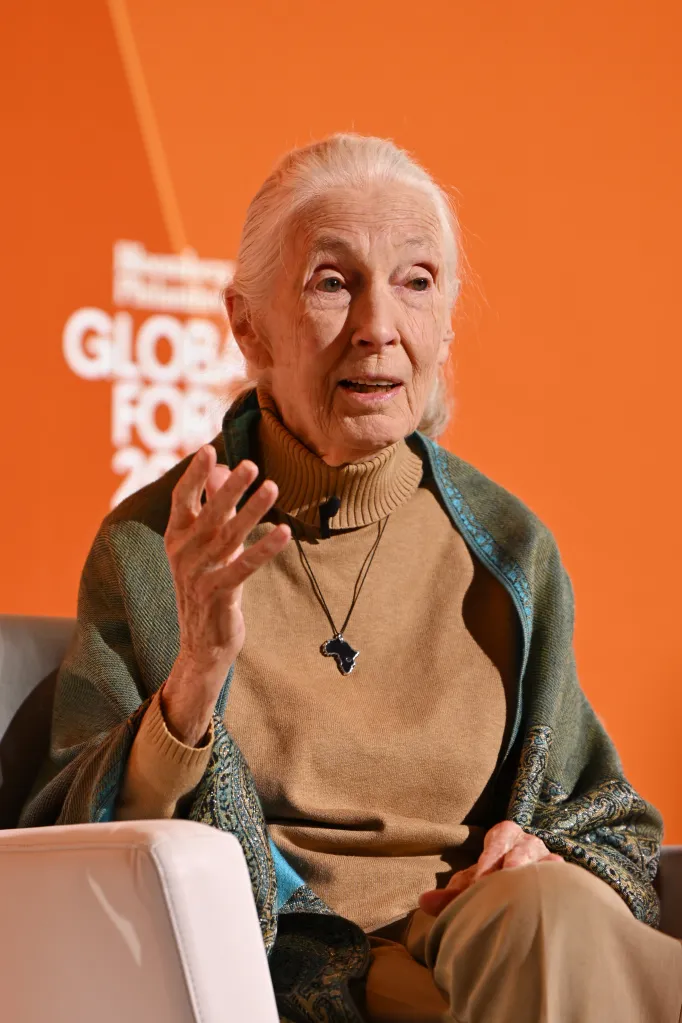“You cannot get through a single day without having an impact on the world around you. What you do makes a difference, and you have to decide what kind of difference you want to make.”
If there was anyone who cared about making a difference, it was Dr. Jane Goodall. The environmental activist, scientist and anthropologist passed away today, Oct. 1, at the age of 91.

The Jane Goodall Institute, founded by Goodall, released the news earlier today, saying that she passed peacefully in her sleep while on tour in Los Angeles, California. While many mourn the wonderful woman she was, we would like to honor her and her many accomplishments.

Goodall began as an earnest 26-year-old, wanting to learn more about chimpanzees and their place in our natural world. According to an article from NPR, Goodall wasted no time jumping into the field, working with the animals she so adored in any way she could.

“‘They kiss, embrace, hold hands, pat one another on the back,’” Goodall said. “‘They show love and compassion, and they also show violence and have a kind of primitive warfare…the chimpanzees are so like us…”
It’s not just that Goodall was a pioneer in the world of primates, though. She was a pioneer amongst women. Growing up in London, her mother told her to pursue secretarial work, as it was likely the only way she would have received employment.

Goodall knew better. Now, she has held positions as a UN Messenger of Peace and Dame Commander of the British Empire, been awarded the United States’ Presidential Medal of Freedom and established the “longest running wild chimpanzee study,” according to the Jane Goodall Institute.
Women have always faced adversity in the workplace. Typical gender biases, oftentimes based on a woman’s appearance, have run rampant since long before Goodall grew to be a household name. When she was coming of age, pants were only just becoming a popular women’s clothing choice.
“‘The media produced some rather sensational articles, emphasizing my blond hair and referring to my legs,’” Goodall said in an interview with Time Magazine. This did not deter her.
She even embraced characteristics that were labeled “feminine” at the time, choosing to focus on chimpanzees’ emotions and natural instincts, as well as how they “mothered” in what Goodall called the “chimp society.”
As she grew older, Goodall only became more determined to spread environmental awareness, speaking mainly to the youth about how to work to reverse climate change and save different ecosystems across the globe.
Why do you think I’m rushing around the world?” Goodall asked in an interview with Vogue. “Because if people lose hope, then you take no action. And then we’re doomed.”


In her last few years, Goodall continued to take to the world stage. She spoke with confidence and hope for a better future for us all, inspiring thousands with her wonderful words, trademark white hair and nature-inspired cardigans.
While Goodall might be gone, all the good she did on this Earth will not soon be forgotten. Let Goodall be an example and a beacon of hope; whether you’re working with chimpanzees or writing for a fashion magazine, there is always a way to make a difference.
And as Goodall once said, “Only if we understand, can we care. Only if we care, we will help. Only if we help, we shall be saved.”
Discover the Jane Goodall Institute here.


